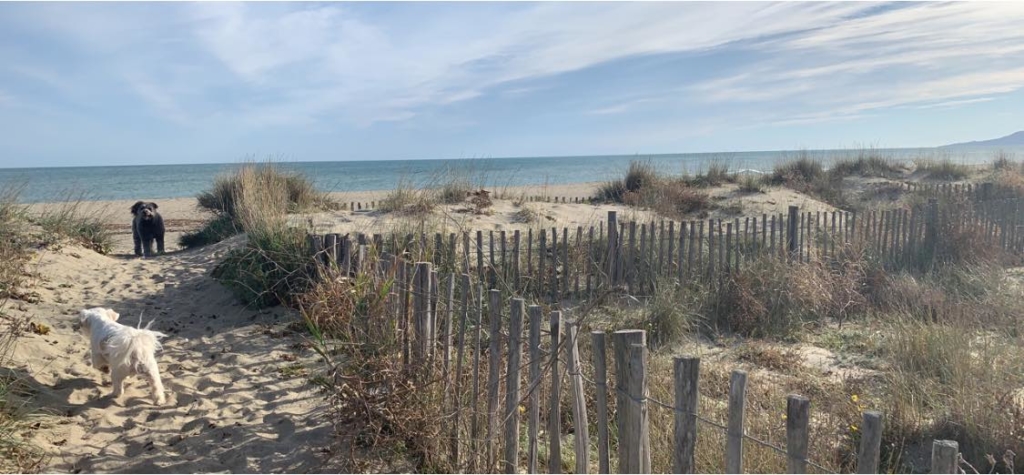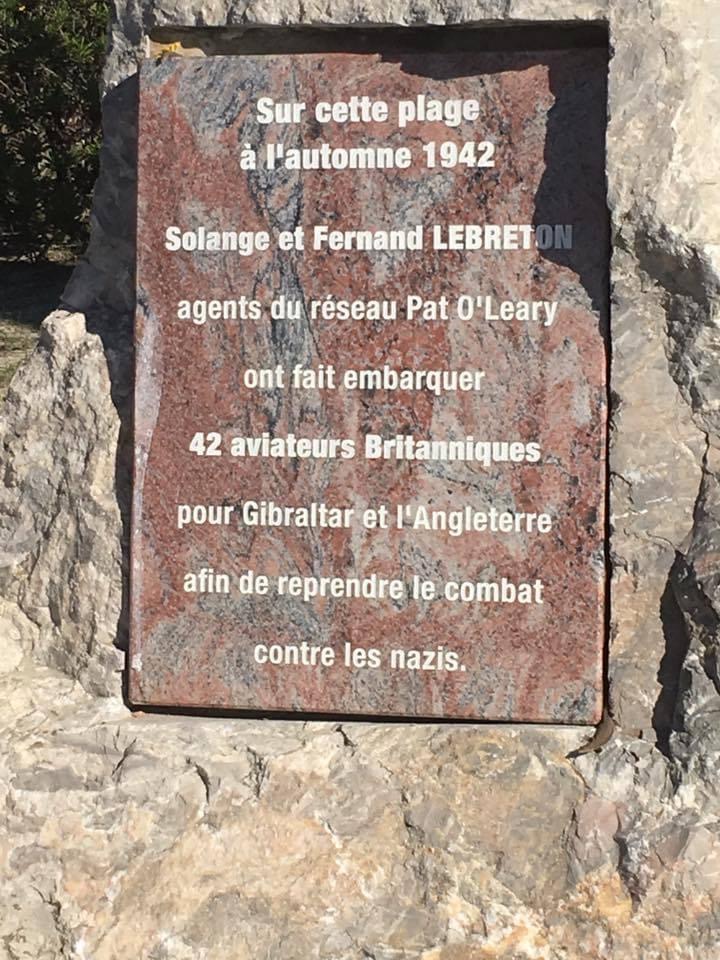Operation Rosalind
For many escapees, evaders, and refugees, Perpignan was one of the final stepping stones to freedom. It was also often the start of a difficult journey, across treacherous, snow topped mountains, dodging German patrols. Resistance groups and escape committees provided guides at great risk to themselves.
Perpignan’s position close to the coast also meant that British navy vessels could come in close to shore at Argelès-sur-Mer, Canet, Banyuls-sur-Mer and Cerbère and evaders and refugees had the chance of directly reaching Gibraltar by sea, avoiding the risk of being interned by the Spanish.

One such vessel, H.M.S. Fidelity, was assigned the landing of two agents at Canet-Plage to set up a two-way escape line over the Pyrenees. Their mission was also to collect twelve escaping Polish Air Force officers at Collioure.
In fact, the Polish Air crew did not turn up at the rendezvous point, and the rescue crew, disguised as local fishermen, were challenged by a local customs officer and taken prisoner. Their leader, Fidelity’s second-in-command, Patrick Albert O’Leary, managed to escape and ended up staying on in France to help in the setting up of the successful escape and evasion route, the Pat Line.

One of the largest and most successful sea escapes organised by the Pat line ‘Operation Rosalind’, took place in 1941 at Canet Plage, when forty escapees waded into the sea, to be picked up and taken to the safety of Gibraltar.
Yorkshireman, Geoffrey Robinson was one of the escapees from Canet. In 1964 TV show ‘This is Your Life‘ honouring Pat O’Leary, Geoffrey described how the 40 escapees waited for a week with O’Leary, wading into the sea every night in vain, until O’Leary radioed London with the message “Pas plus de bateau que de beurre au cul!” (There’s no more a boat here than butter on my arse!)
The rather rude message produced results and they were picked up 2 nights later.
At the end of 1942 the Germans took over the unoccupied zone of France. Sea escapes had to stop and more evaders were obliged to escape across the Pyrenees.
